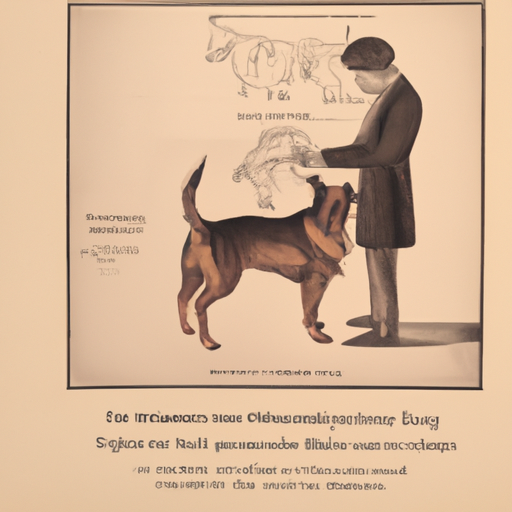As a caregiver for your beloved pet, you may encounter a variety of challenges. One of these could be your dog’s diagnosis of Cushing’s disease. Understanding what this disease is and how to manage it can help you provide the best possible care for your furry friend.
What Is Cushing’s Disease?
Cushing’s disease, also known as hyperadrenocorticism, is an endocrine disorder. It occurs when your dog’s body produces too much cortisol, a hormone that helps manage stress and regulate the immune system. This overproduction can lead to a variety of health issues.
Symptoms of Cushing’s Disease
Observing your dog’s behavior and physical condition is crucial in identifying potential health issues. Below are some of the common symptoms of Cushing’s disease:
- Increased thirst and urination
- Increased hunger
- Increased panting
- Pot-bellied appearance
- Loss of hair
- Lack of energy
- Weight gain
Causes of Cushing’s Disease
Cushing’s disease in dogs is typically caused by one of two things:
-
Pituitary gland tumor: This is the most common cause. The tumor triggers the pituitary gland to overproduce a hormone that stimulates the adrenal gland to produce more cortisol.
-
Adrenal gland tumor: Less common, this type of tumor directly causes the adrenal gland to produce too much cortisol.
| Cause of Cushing’s Disease | Percentage of Cases |
|---|---|
| Pituitary gland tumor | 85% |
| Adrenal gland tumor | 15% |
Treatment Options for Cushing’s Disease
The treatment for Cushing’s disease depends on the cause. If it’s due to a pituitary gland tumor, your vet might prescribe medication to control the production of cortisol. Surgery might be an option if the disease is caused by an adrenal gland tumor.
Remember, it’s crucial to discuss all available treatment options with your vet to determine the best course of action for your furry friend.
Living with a Dog with Cushing’s Disease
While Cushing’s disease can be a challenge, many dogs live a comfortable life with the right management. Regular vet visits, appropriate medication, and a balanced diet can all contribute to your dog’s quality of life.
FAQ
Q: What breeds are more likely to get Cushing’s Disease?
A: While any breed can get Cushing’s disease, it’s more common in breeds like Beagles, Dachshunds, and Boxers.
Q: Can Cushing’s Disease be cured?
A: While it’s not curable, Cushing’s disease can be managed with the right treatment.
Q: How is Cushing’s disease diagnosed?
A: Diagnosis typically involves blood tests, urine tests, and imaging studies.
Q: Is Cushing’s disease painful for my dog?
A: Not directly, but some symptoms like muscle weakness can cause discomfort.
Q: How can I prevent my dog from getting Cushing’s disease?
A: There’s no known prevention, but regular vet check-ups can help catch it early.



